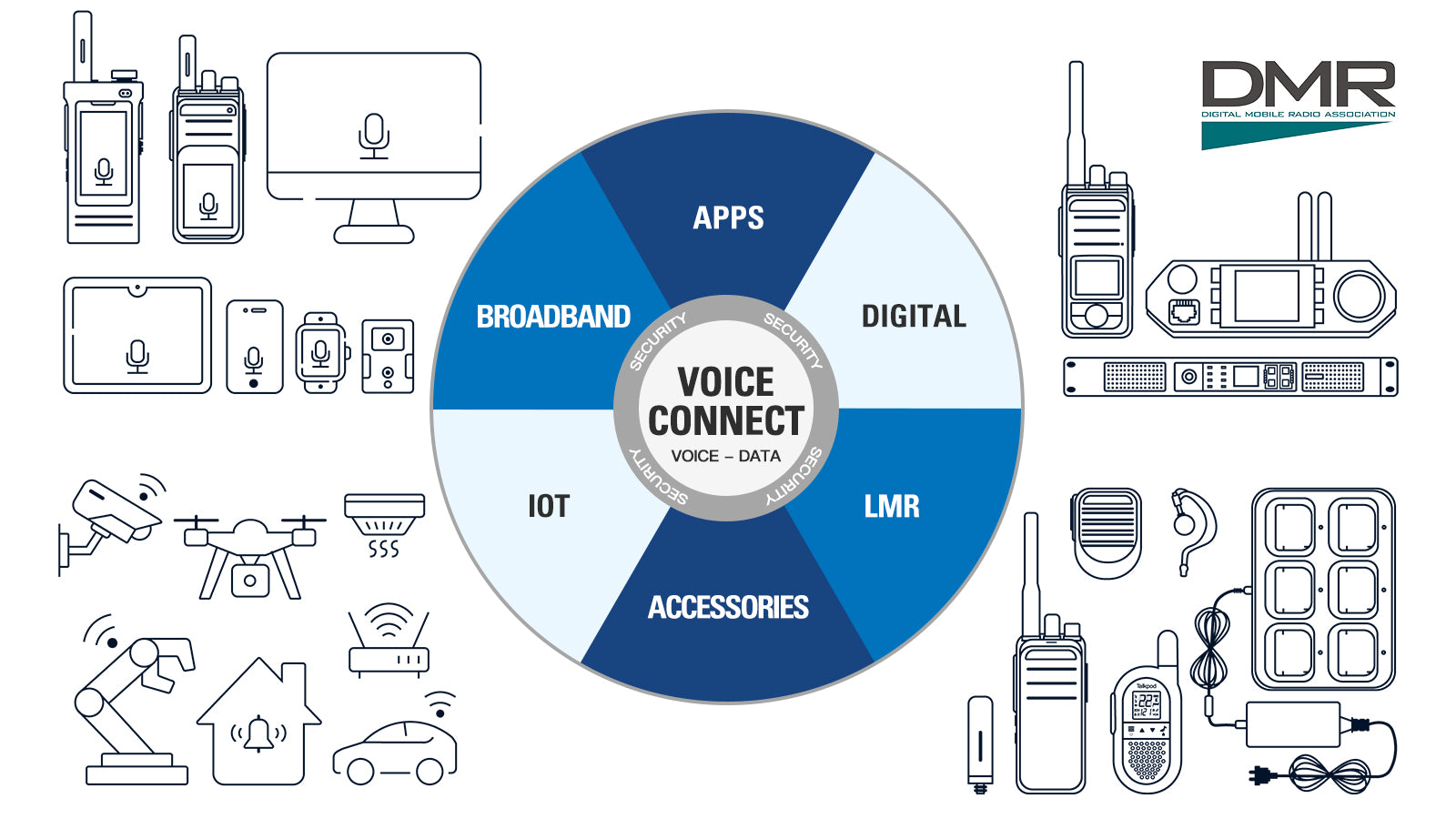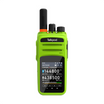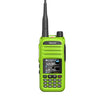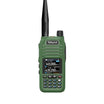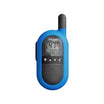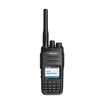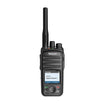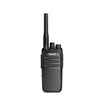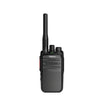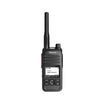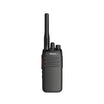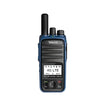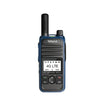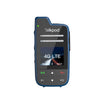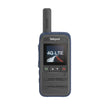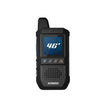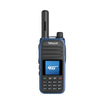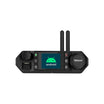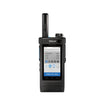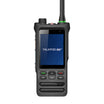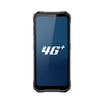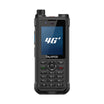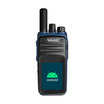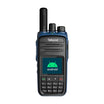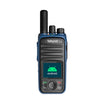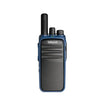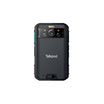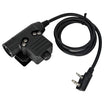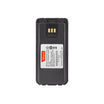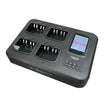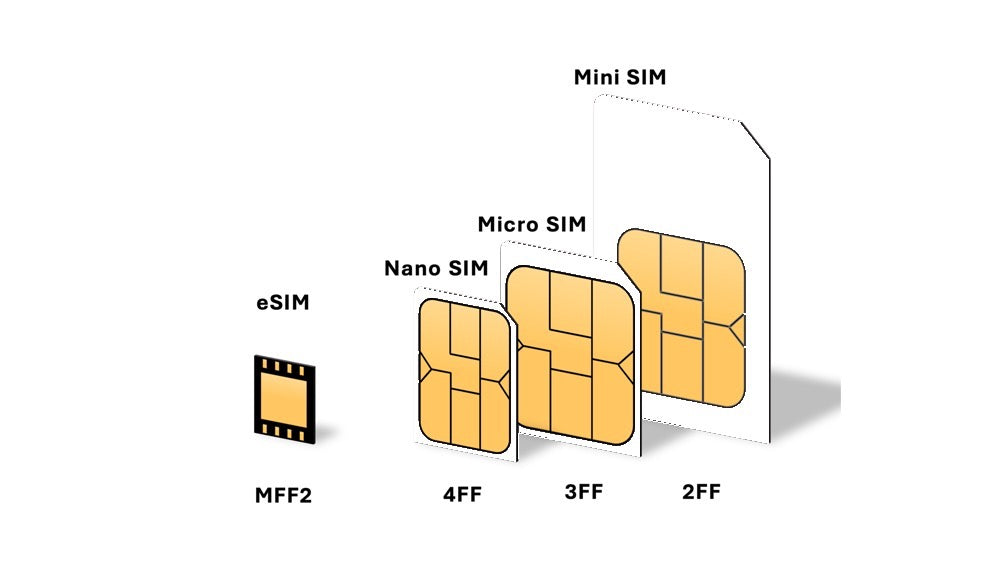The SIM (Subscriber Identity Module) card, a small yet pivotal component in mobile phones and Push-to-Talk over Cellular (PoC) radios, acts as the cornerstone for network connectivity and user identification. This compact smart card harbors a unique identification number that binds the device to a specific mobile network, facilitating communication and data exchange.
In the realm of telecommunications, the SIM card is akin to a digital passport, granting devices the authorization to access and operate within the cellular network's domain. Its embedded circuit stores critical information, including user identity, location, network authorization data, personal security keys, and contact lists, making it a hub of personal and operational data.
For PoC radios, the SIM card's role extends beyond mere network access. It enables seamless integration into broader communication networks, allowing for instant, reliable, and secure voice and data transmission across vast distances. This integration enhances the operational capabilities of organizations, providing them with the flexibility to manage and deploy their communication strategies effectively.
The evolution of SIM card technology mirrors the advancements in telecommunications. From standard SIM cards to the more recent eSIM (embedded SIM), this evolution signifies a move towards more integrated, efficient, and flexible communication solutions. As devices become more sophisticated, the SIM card continues to be a critical element in ensuring connectivity and enhancing the capabilities of both mobile phones and PoC radios.
In conclusion, the SIM card is more than just a piece of technology; it's a bridge between devices and networks, enabling a world of interconnected communications. Its significance in the telecommunications industry underscores the importance of secure, reliable, and efficient network connectivity in today's digital age.


